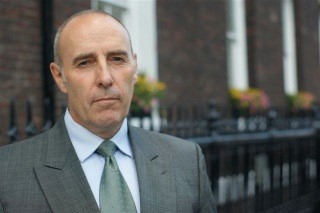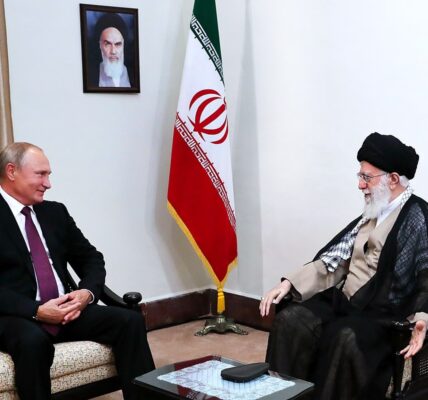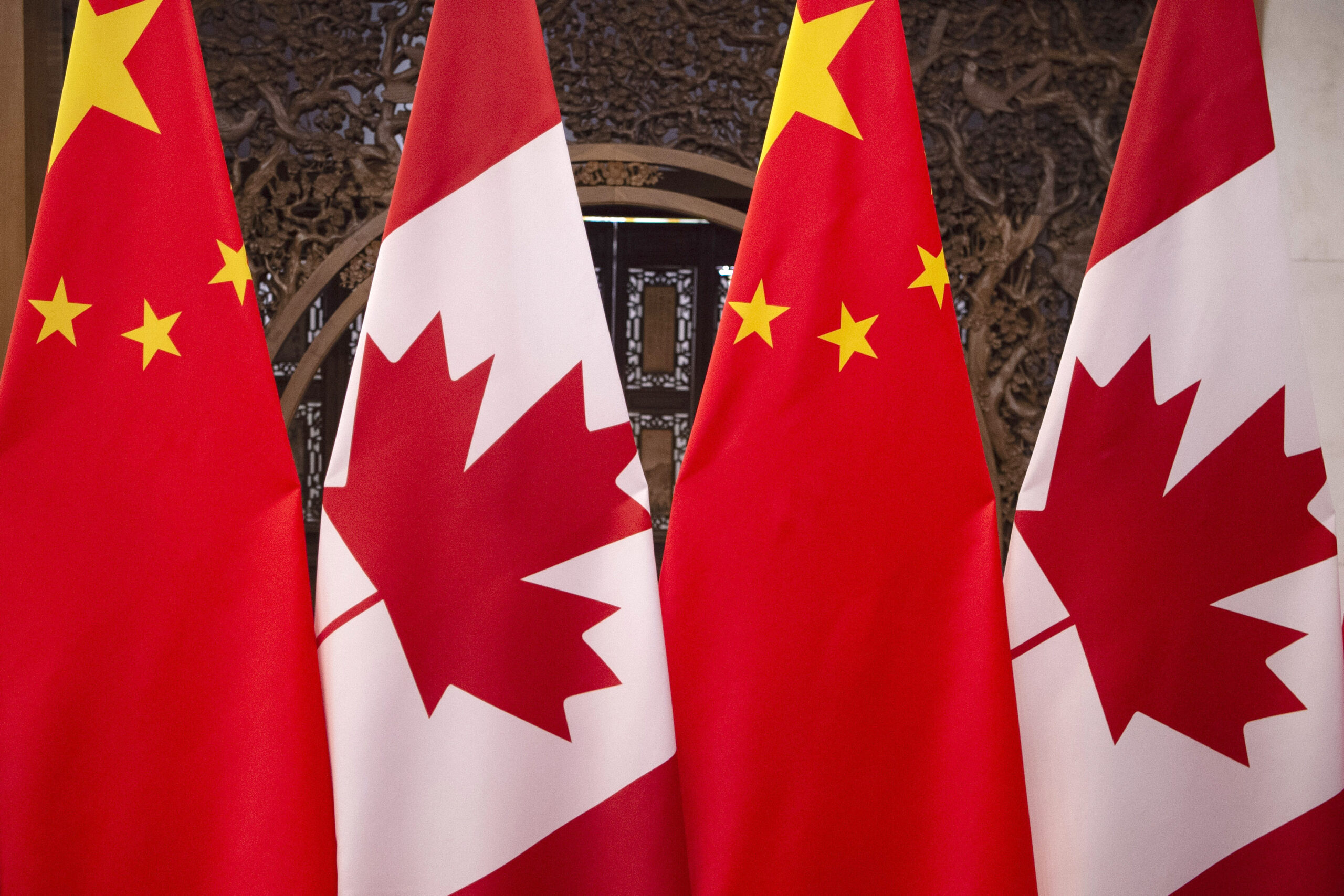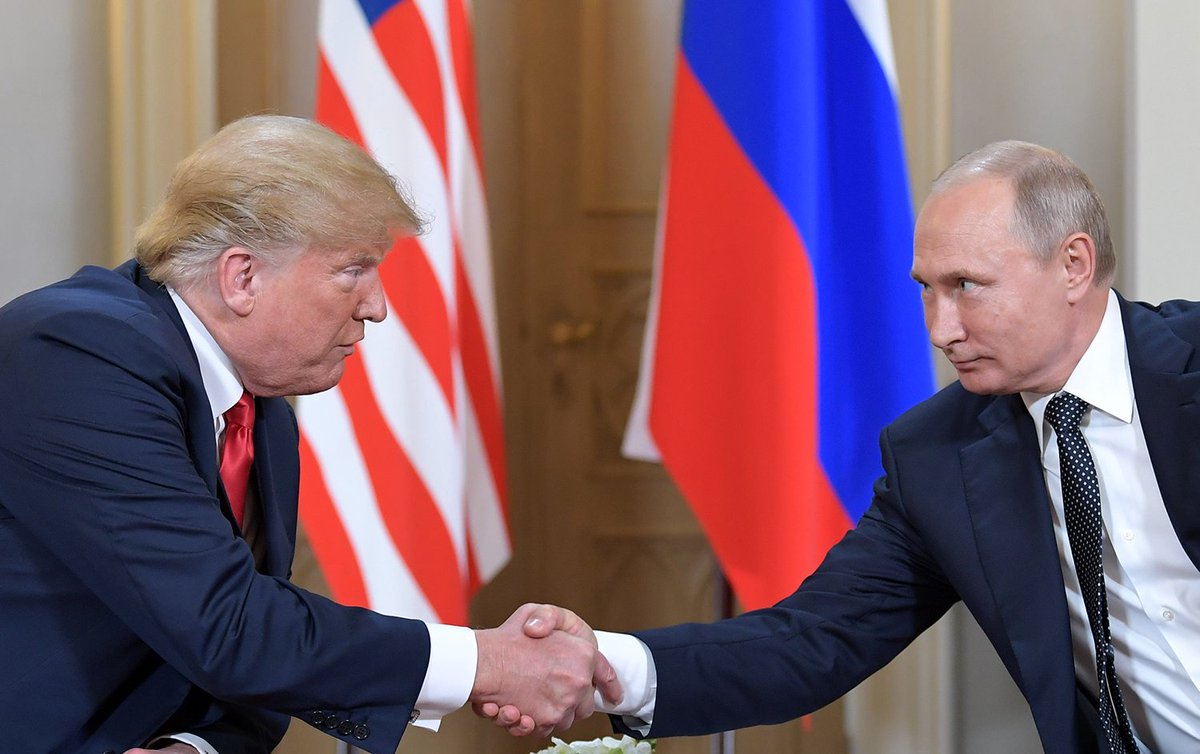We all knew that this sad day was inevitable but still held eternal hope that we would somehow find ourselves not having to utter those four sober and solemn words: ‘The Queen is dead.’
That day has come, and we have spoken.
Her Majesty was, without a shadow of doubt, a truly exceptional woman. She was a much-loved Monarch, undeniably the world’s pre-eminent Statesperson, the standard bearer for the United Kingdom, the Head of our Armed Forces, and the indomitable and steadfast head of our Royal family. Her incredible legacy and duty to public service will live on and on; but it is to His Majesty King Charles III that the burden of that responsibility now lies, and I sense it will be a heavy crown for him to bear.
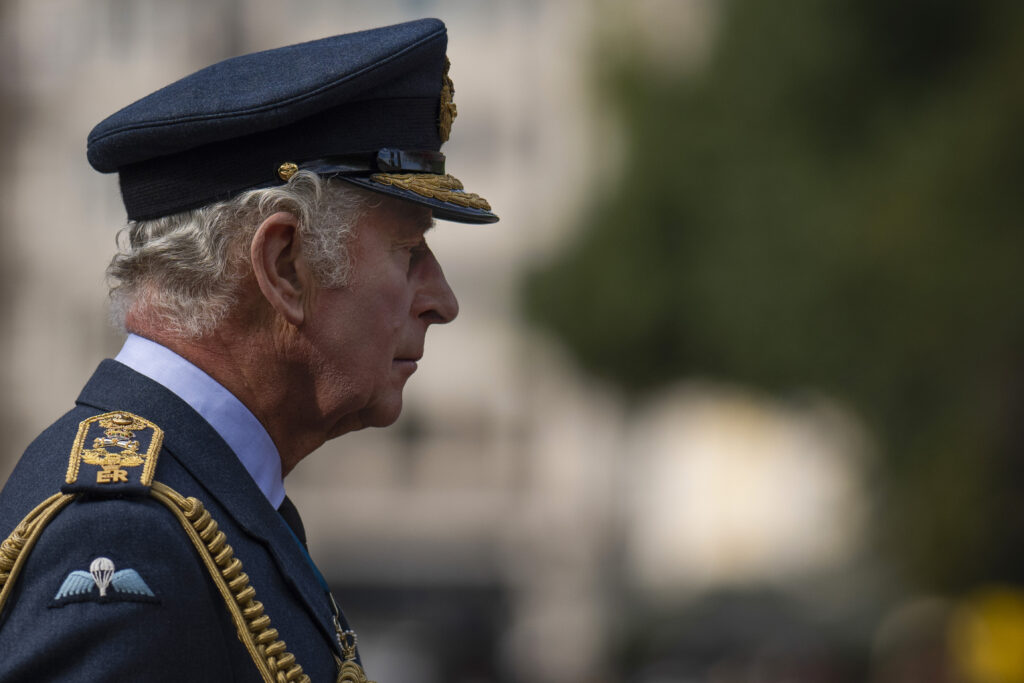
I have had the privilege of meeting and spending a little time with our royal family including Her Majesty, Prince Philip, (formerly) Prince Charles, the Princess Royal, and others. So, while it may be self-evident to say so, the role of the monarch is quite different to being a king in waiting. It is the oldest form of government in the United Kingdom and as monarch, King Charles III is now, as Her Majesty was, our head of state. The role does not have the political, executive or legislative power that resides with our elected parliament but has long-standing important constitutional and representative duties. Our sovereign is, albeit less formal but nevertheless critical, in the role of head of state, in which His Majesty now must, like Her Majesty before him, act as a beacon for national identity, national solidarity and the national family. This central focus for which His Majesty has the support of the wider royal family is a foundation for national unity, pride and a bridge between our rich history and common future; in this role, Her Majesty was deeply impactful.
As head of the Commonwealth, His Majesty is head of 15 member states (Commonwealth Realms), 36 other member republics and five different monarchs, his responsibilities are truly worldwide. These international, public and private responsibilities, more than anything else, offer stability and continuity; they are there to weather the turbulence of world events, political life and be the bedrock for voluntary and public service for others.
This is a different role from being a king in waiting and, as we can already see, His Majesty has changed; his long-standing support of charities, which he is no less passionate about, will be moved to others, albeit I sense with a watchful eye on them all. His wider responsibilities in Scotland, Wales and Cornwall have all been seamlessly passed to Prince William, whose guardianship will be safeguarded by the same heartfelt bond that his father felt for these wonderful spaces. These lifelong responsibilities were in addition to the former Prince of Wales’ passion for the environment, architecture, animal welfare and wildlife, farming, and the opportunities which allowed young people to flourish and develop, particularly the Prince’s Trust and The Royal Restoration of Dumfries, are just some of his life’s work. His Majesty can no longer be quite so openly outspoken, so challenging, and occasionally difficult as he now must continue to lead such discussions from the rear, albeit with a potentially much larger stick as His Majesty than he had as Prince. I have no doubt that he will not lose any of his rigour in this debate nor allow what he has striven and fought for to merely drift but it will be with new methods, and ones he has watch and learned from his mother, Her Majesty, to continue the fight.
It will be for our new king to stamp his style, authority and will on much of this, not exactly as Her Majesty did but as his own man and now as King, we should judge him as such and not by Her Majesty’s standards, although I acknowledge that those she set were extremely high. Time must be given therefore to His Majesty to shape his own leadership style, to be allowed to manoeuvre in his own way; with the support of the Queen Consort by his side and the royal family, he will stamp his own authority on these new and challenging direct responsibilities including head of the armed forces.
As a young officer, Second Lieutenant Lamb, I received and still hold dear my Queen’s Commission, signed by Her Majesty in 1973. To an officer, that signed document was a sealed contract with Her Majesty as head of the armed forces and the nation; I willingly undertook and accepted this responsibility without liability.
That selfless commitment ensures the armed forces enjoys a wonderful relationship with our sovereign, the royal family and to the ‘particular royal’ associated with whatever regiment or corps one joined. This relationship is surprisingly personal and, one might suggest, a very British one, given the possible cost: one’s life.
To that end, Her Majesty was kept updated and aware of operations and the state of the armed forces and, where appropriate, made her views known in private: not in order to pervert a course of action but to ensure her voice was heard and her experience and views as the head of nation were expressed. Our new monarch King Charles III has, like so many of the royal family, had the honour to serve the nation in uniform and not just in one of the services. This equal sharing of military responsibility by the royal family, encouraged by the sovereign, in many ways defines it, no special dispensation although sensible security measures are occasionally put in place when a royal is deployed and his or her presence in the front line known to all including the enemy. This service affords more though than a mere shared danger; it allows the royal family to work alongside and with all ranks and with all nations of the United Kingdom, those from the commonwealth and further afield forming an eternal bond. I have no doubt His Majesty will continue to seal that trust.
I truly believe though that the greatest challenge facing His Majesty will be to shoulder the greater burden of being a trusted advisor, mentor, confidant, friend and fearless defender of what is right to those who previously sought his mother’s wisdom and guidance. This role is well within his grasp given the time he spent alongside Her Majesty and Prince Philip and his own life’s education and experience. The new king will continue to mature in this role, just as Her Majesty did right up until her last acts, in Balmoral, as Monarch and Queen.
Given his background, upbringing and preparation, His Majesty will be a great king; we must give him a little time to prove himself and we must, as we do ourselves, expect the odd stumble for life is not, nor will it ever be, without error.
His Majesty is without doubt ‘of the right stuff’; he is blessed with those character qualities which I hold dear: honesty, humility, integrity, courage, compassion, strength of will and straightforwardness. I still cannot believe Her Majesty has gone; however, I raised a glass on Thursday and toasted with conviction and rousing cheer: ‘God Save the King’.

